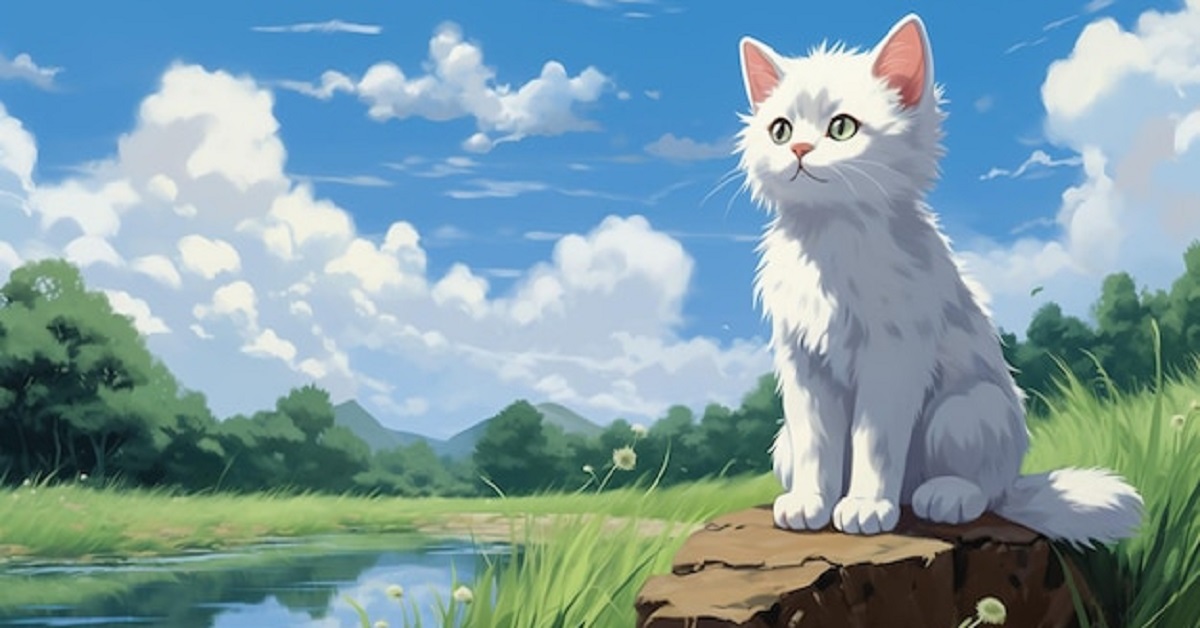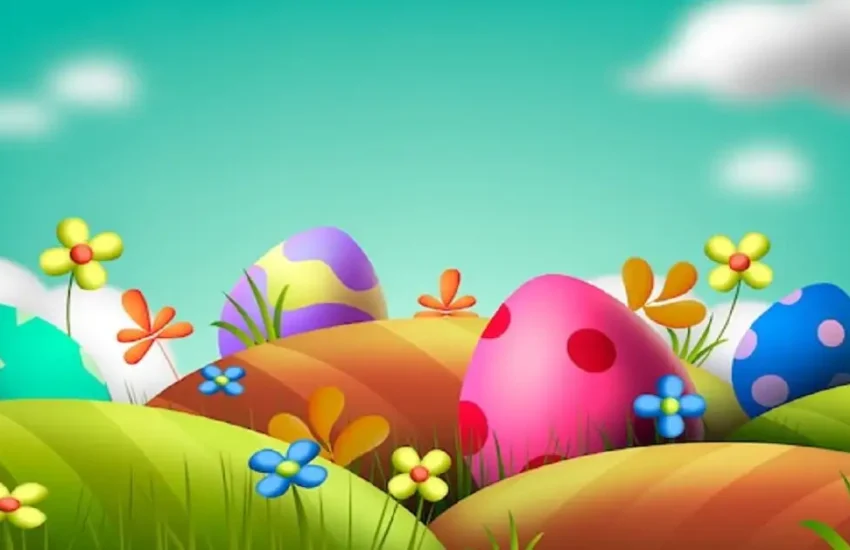Anime: The Ultimate Guide to a Rich and Diverse Art Form
Introduction
Anime isn’t just a genre; it’s a vibrant, expansive art form that captivates millions around the globe. Originating from Japan, anime encompasses a wide range of styles and genres, making it accessible and enjoyable for almost everyone. Whether you’re into action-packed adventures, heartwarming romances, or mind-bending sci-fi, there’s an anime out there for you. But why is anime so popular, and what makes it so special? Let’s dive in and explore the rich tapestry that is anime.
History of Anime
Origins and Early Influences
The story of anime begins in the early 20th century. Inspired by Western cartoons, Japanese animators began to experiment with their unique styles and storytelling techniques. Early works, such as “Namakura Gatana” (The Dull Sword) from 1917, set the foundation for what would become a cultural phenomenon.
Growth and Development Over the Decades
Anime evolved significantly over the decades, especially post-World War II. The 1960s saw the rise of television anime, with shows like “Astro Boy” by Osamu Tezuka, who is often referred to as the “God of Manga.” The 1980s and 1990s were golden eras for anime, giving birth to globally renowned series like “Dragon Ball,” “Sailor Moon,” and “Neon Genesis Evangelion.”
Types of Anime
Shonen
Characteristics and Themes
Shonen anime is primarily targeted at young boys but enjoys a broad audience. Themes often include friendship, adventure, and the classic battle between good and evil.
Popular Shonen Anime
Notable examples include “Naruto,” “One Piece,” and “Attack on Titan.” These series are known for their long-running plots and dynamic characters.
Shojo
Characteristics and Themes
Shojo anime focuses on young girls, emphasizing romance, relationships, and personal growth. The art style is often more delicate and detailed.
Popular Shojo Anime
Series like “Fruits Basket,” “Cardcaptor Sakura,” and “Sailor Moon” have captivated audiences with their heartfelt stories and relatable characters.
Seinen
Characteristics and Themes
Seinen anime is aimed at adult men, often featuring more complex plots and mature themes such as politics, psychological elements, and deep philosophical questions.
Popular Seinen Anime
Popular titles include “Berserk,” “Tokyo Ghoul,” and “Ghost in the Shell,” all known for their intense and thought-provoking content.
Josei
Characteristics and Themes
Josei anime targets adult women, exploring realistic romance, career challenges, and daily life struggles with a more mature perspective.
Popular Josei Anime
Examples include “Nana,” “Paradise Kiss,” and “Honey and Clover,” which provide deep emotional experiences and nuanced storytelling.
Kodomomuke
Characteristics and Themes
Kodomomuke anime is created for young children, focusing on educational content and simple, moral-driven stories.
Popular Kodomomuke Anime
Beloved series like “Doraemon,” “Anpanman,” and “Pokémon” fall under this category, delighting younger audiences with their charming tales.
Cultural Impact of Anime
Influence on Global Pop Culture
Anime’s influence stretches far beyond Japan, impacting global pop culture in various ways. Western media has increasingly incorporated anime-style elements, and celebrities often express their fandom, further popularizing the medium.
Anime Conventions and Fandom
Anime conventions, such as Anime Expo and Comic-Con, draw thousands of fans who celebrate their favorite series through cosplay, fan art, and panel discussions. These events highlight the communal aspect of anime fandom.
Anime and Technology
Advances in Animation Techniques
Technological advancements have revolutionized anime production. From hand-drawn frames to sophisticated CGI, the evolution of animation techniques has allowed for more dynamic and visually stunning anime.
The Role of Streaming Services
Platforms like Crunchyroll, Netflix, and Funimation have made anime more accessible globally. With a vast library at their fingertips, fans can enjoy their favorite series and discover new ones with ease.
Iconic Anime Series and Movies
Must-Watch Series
Classic Series
Some anime have stood the test of time, remaining beloved across generations. “Dragon Ball Z,” “Sailor Moon,” and “Yu Yu Hakusho” are quintessential classics that continue to influence new series.
Modern Hits
Recent hits like “Demon Slayer,” “My Hero Academia,” and “Jujutsu Kaisen” have taken the anime world by storm, blending traditional elements with fresh storytelling.
Must-Watch Movies
Studio Ghibli Masterpieces
Studio Ghibli, founded by Hayao Miyazaki, is renowned for its breathtaking films. Classics like “Spirited Away,” “My Neighbor Totoro,” and “Princess Mononoke” are masterpieces of storytelling and animation.
Other Notable Films
Films like “Akira,” “Your Name,” and “Ghost in the Shell” have also left significant marks on the anime landscape, each offering unique narratives and groundbreaking animation.
Creating Anime
The Animation Process
Creating anime is a meticulous process involving storyboarding, character design, background art, and animation. Each frame is crafted with care to ensure fluid motion and emotional impact.
The Role of Voice Actors
Voice actors, or seiyuu, play a crucial role in bringing characters to life. Their performances add depth and personality, making the characters memorable and relatable.
The Future of Anime
Emerging Trends
The future of anime looks promising with trends like increased diversity in storytelling, the rise of indie studios, and the integration of virtual reality and augmented reality technologies.
Potential Challenges
Despite its success, anime faces challenges such as overproduction, burnout among creators, and the need for better working conditions in the industry.
Conclusion
Anime is more than just entertainment; it’s a cultural phenomenon that continues to grow and evolve. From its humble beginnings to its current global impact, anime has proven to be a versatile and powerful medium. Whether you’re a seasoned fan or a curious newcomer, the world of anime has something for everyone.



